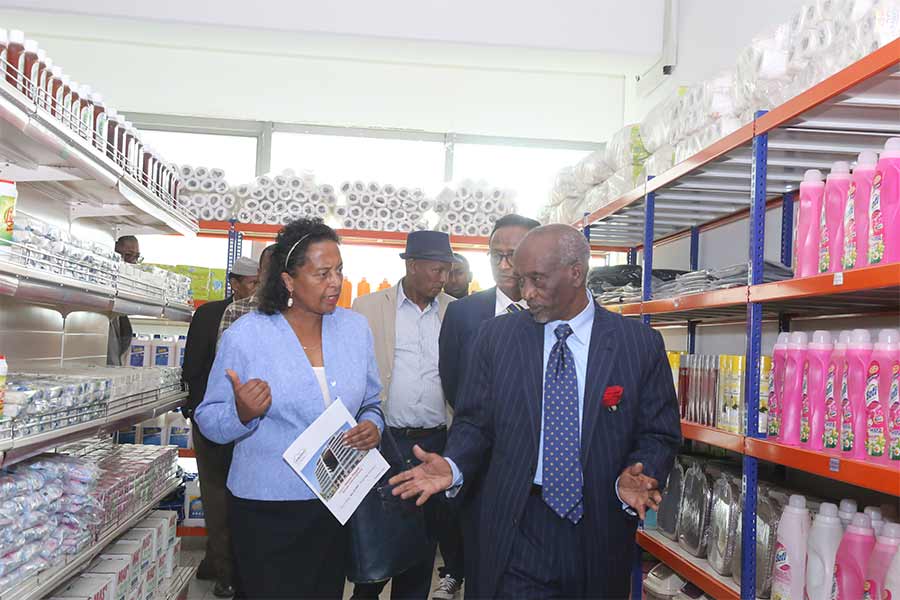
Fortune News | Sep 08,2019
The city's road traffic management agency is planning to build 40 intersections in the capital with the main aim of easing the city's traffic flow.
To hire a consultant to study, design and supervise the construction of the intersections, the Addis Abeba City Road Traffic Management Agency floated a tender this month.
The winning company is expected to conduct traffic flow surveys and analysis, prepare the preliminary and final designs, locate where to build the intersections, estimate the cost of the design and construction phases, prepare bid documents and supervise the project during implementation.
In addition to identifying intersections that require upgrading, the consultancy firm will study the existing pavement and drainage systems within a 100-metre radius of the proposed area.
With the main aim of ensuring and maximising road safety, the Agency implemented a couple of interventions last year. Upgrading 31 road intersections and deploying signage and traffic lights are among them. Last year's project cost 220 million Br.
A separate six-year project costing 600 million Br and financed by the World Bank was launched last March by the City Road & Transport Bureau. The project will design an Intelligent Transport System Master Plan and make improvements to five corridors, 132 road junctions, 22 existing signalised locations and 27 intersections.
In the recently ended fiscal year, 10 roundabouts were converted to intersections with traffic lights. For the current fiscal year, the Agency is planning to add traffic lights to seven roundabouts, which it will also convert to intersections.
"After the interventions, traffic flow has improved and accidents have been reduced," said Tamene Belle, communications director at the Agency.
Road safety is a major challenge in the country. More than 64 people per 10,000 die annually from vehicle accidents, making Ethiopia the eighth-worst country in Africa. Two years ago, 456 deaths were recorded in the capital due to traffic accidents.
The city hosts about 60pc of the total vehicles in the country with 585,000. About 1,127 Anbessa, Sheger and Public Service buses, 100 Sheger student buses, 423 Higher midi-buses and 14,213 minibus taxis operate in the city along with 120,000 trucks.
A recent study conducted by an Indian firm shows that the roads in the city, which only have 45 traffic lights, host 4.2 million trips a day. The city's road network coverage reached 22pc last fiscal year.
More than 20,000 additional vehicles join the roads every year, fueling the traffic congestion in the city, according to data from the Agency.
Fekadu Gurmessa (PhD), an expert on transport geography and a lecturer at Addis Abeba University, argues that the high number vehicles are beyond the capacity of the roads and are the main cause of congestion.
"Beyond building the new road infrastructure, the Agency should employ a better and well-organised traffic management system," said Fekadu.
Repetitive design problems at intersections have inconvenienced the flow of traffic, such as changing a square to a road or vice versa, according to him.
"These inconsistencies would be rectified by strengthening institutional capacity," Fekadu said.
PUBLISHED ON
Jul 27,2019 [ VOL
20 , NO
1004]

Fortune News | Sep 08,2019

Fineline | Sep 14,2019

Commentaries | Oct 05,2019
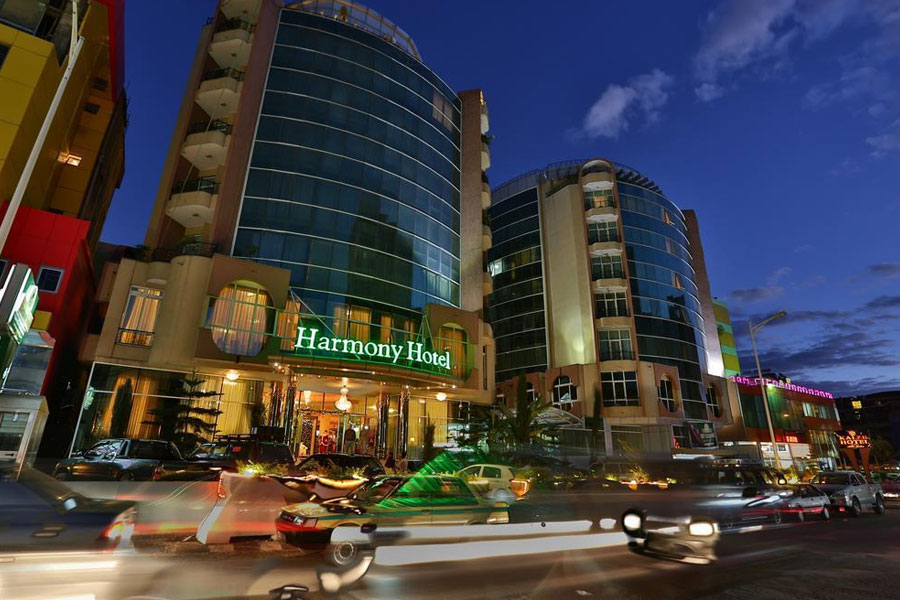
Fortune News | Jul 11,2021
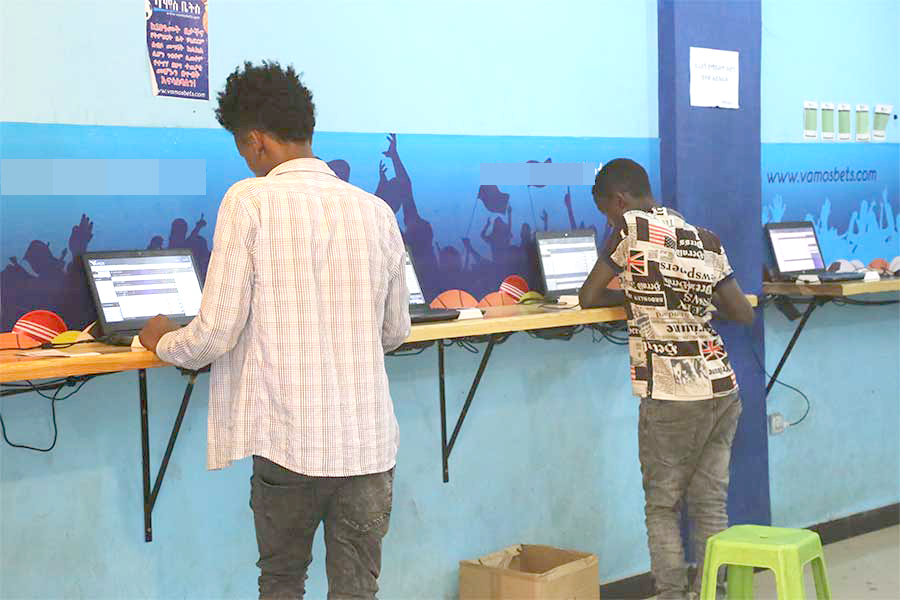
Agenda | Dec 10,2022

Commentaries | Feb 04,2023
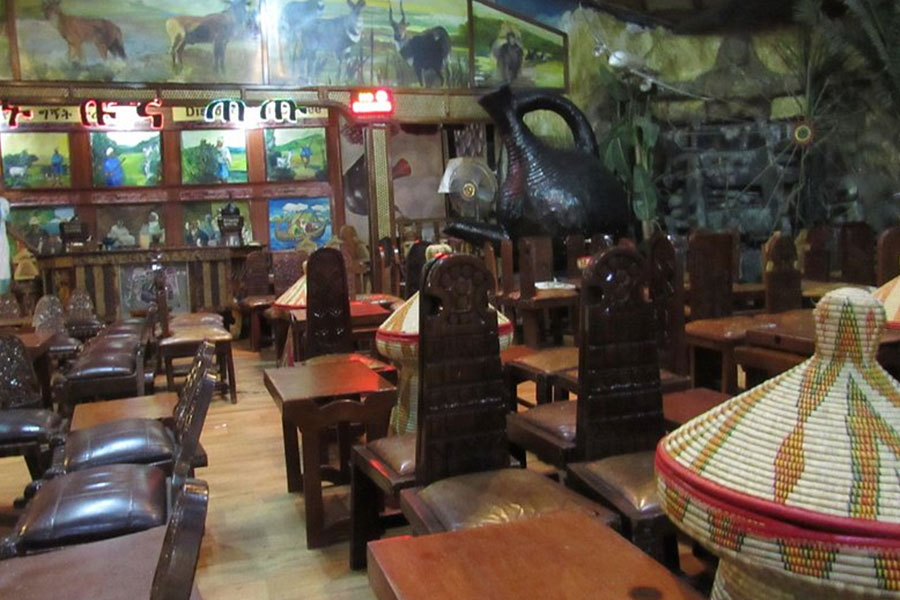
Fortune News | May 24,2025

Fortune News | Jan 07,2022
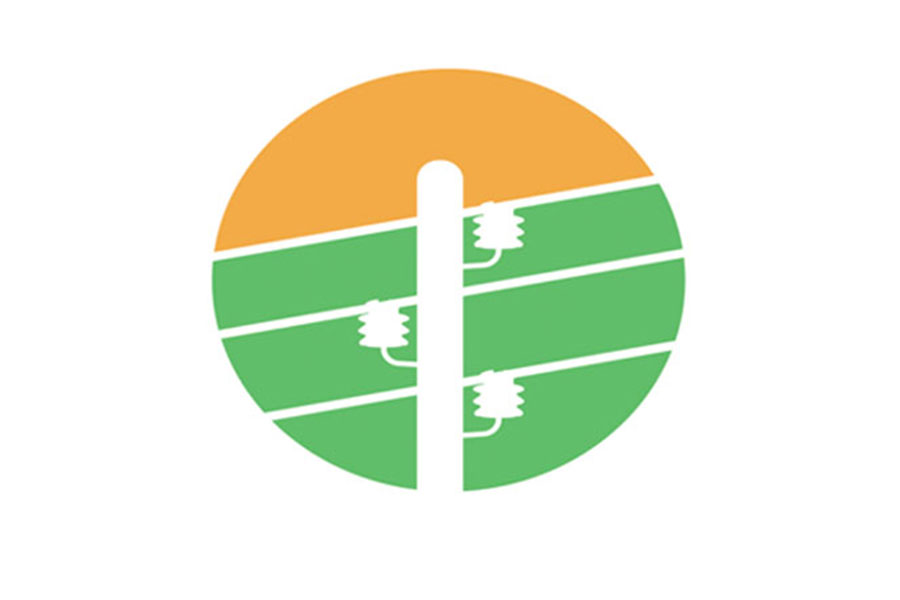
Radar | Jan 22,2022
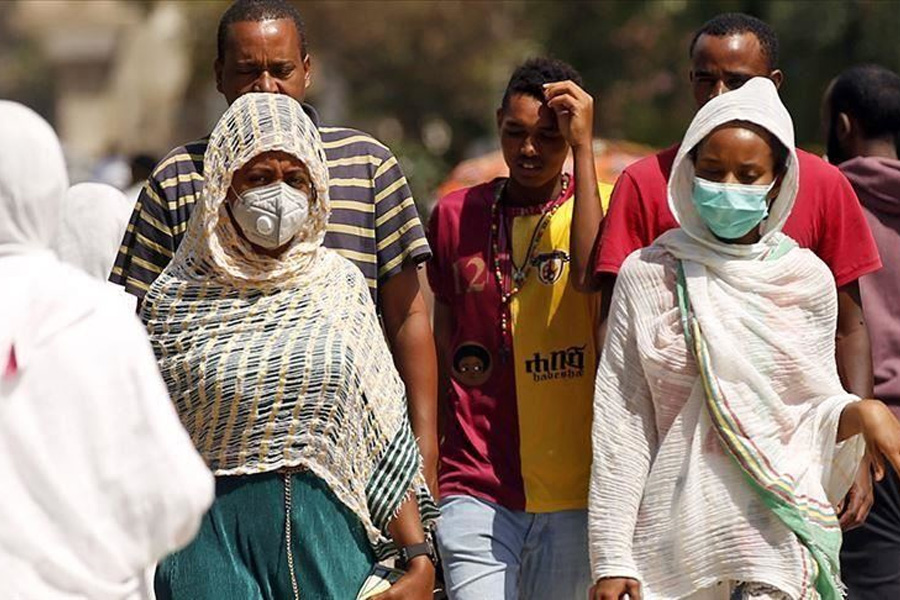
View From Arada | Nov 09,2024

Dec 22 , 2024 . By TIZITA SHEWAFERAW
Charged with transforming colossal state-owned enterprises into modern and competitiv...

Aug 18 , 2024 . By AKSAH ITALO
Although predictable Yonas Zerihun's job in the ride-hailing service is not immune to...

Jul 28 , 2024 . By TIZITA SHEWAFERAW
Unhabitual, perhaps too many, Samuel Gebreyohannes, 38, used to occasionally enjoy a couple of beers at breakfast. However, he recently swit...

Jul 13 , 2024 . By AKSAH ITALO
Investors who rely on tractors, trucks, and field vehicles for commuting, transporting commodities, and f...

Jun 28 , 2025
Meseret Damtie, the assertive auditor general, has never been shy about naming names...

Jun 21 , 2025
A well-worn adage says, “Budget is not destiny, but it is direction.” Examining t...

Jun 14 , 2025
Yet again, the Horn of Africa is bracing for trouble. A region already frayed by wars...

Jun 7 , 2025
Few promises shine brighter in Addis Abeba than the pledge of a roof for every family...